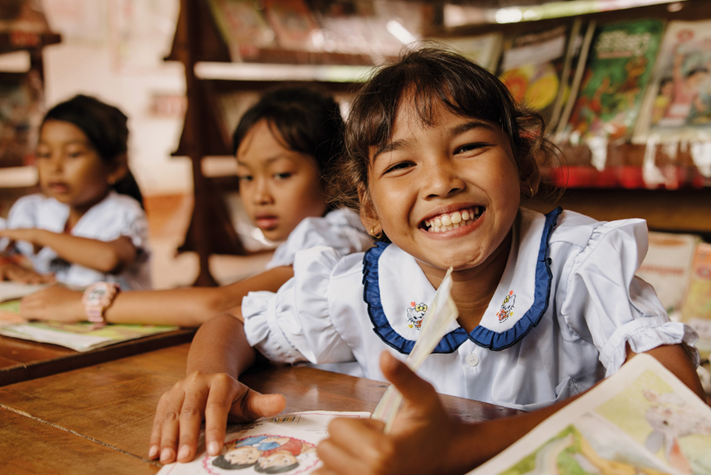
Introduction
This policy enables World Vision Ireland (WV IRE) employees, functions and institutional practices to fulfil our commitment to locally led development including working effectively with partners, in alignment with our core values.
This policy applies to all World Vision Ireland operations and supported development and humanitarian programming. The policy is relevant to all contexts where we are supporting development and/or humanitarian interventions including where we enter partnerships, benefiting our mission and organisation.
World Vision’s identity, beliefs and practices demonstrate strong alignment to the goals of localisation and locally led development. We are committed to delivering humanitarian and development programmes that are informed and responding to community needs and where possible, aligned to national government plans. We recognise that localisation and locally led development are often used interchangeably; however our preference is to use the term local led development which we believe is more representative of our ways of working and the intentions we set out to more equitable partnerships.
We put the meaningful participation of children, their families and their communities at the core of our work in development and humanitarian contexts. Our Transformational Development principles include partnership, community empowerment, inclusion, local adaptation, listening to the community and challenging unequal power dynamics. In support of this, our development programme approach, including the ‘Critical Path’, prioritises a community-led process, setting out a clear approach to community engagement.
Click here to see our full Locally Led Development Policy